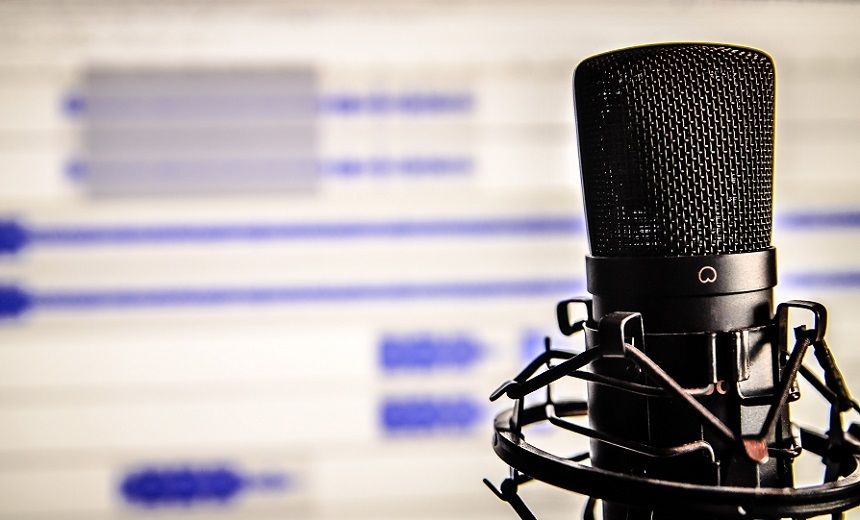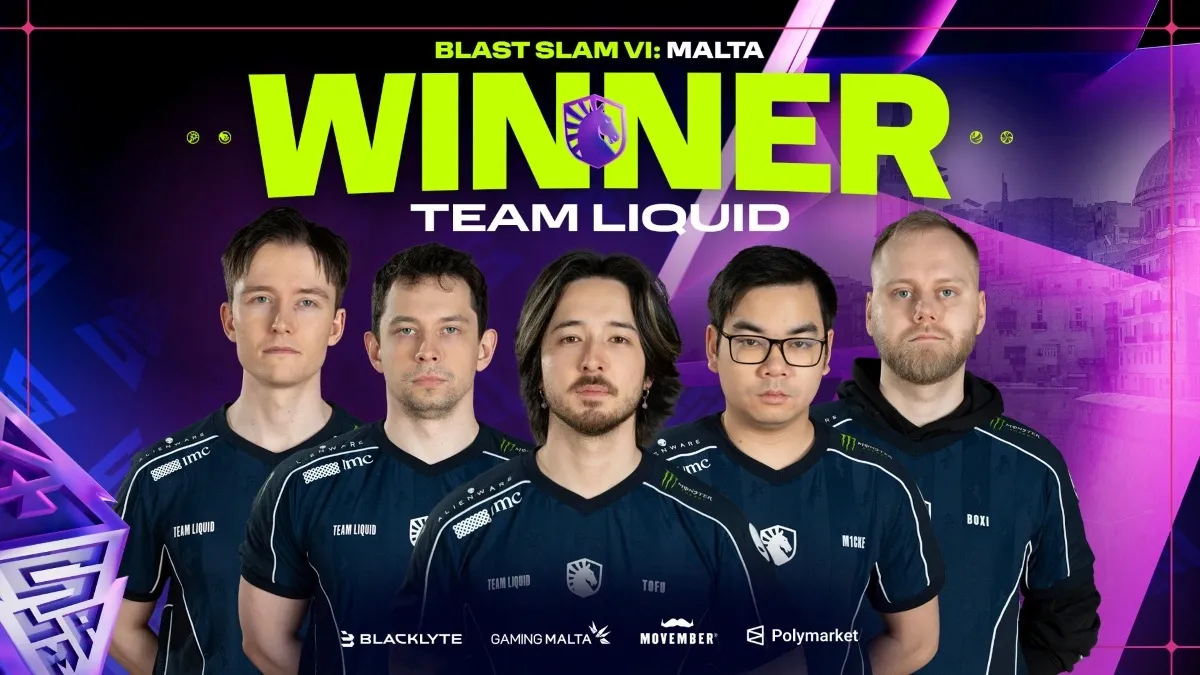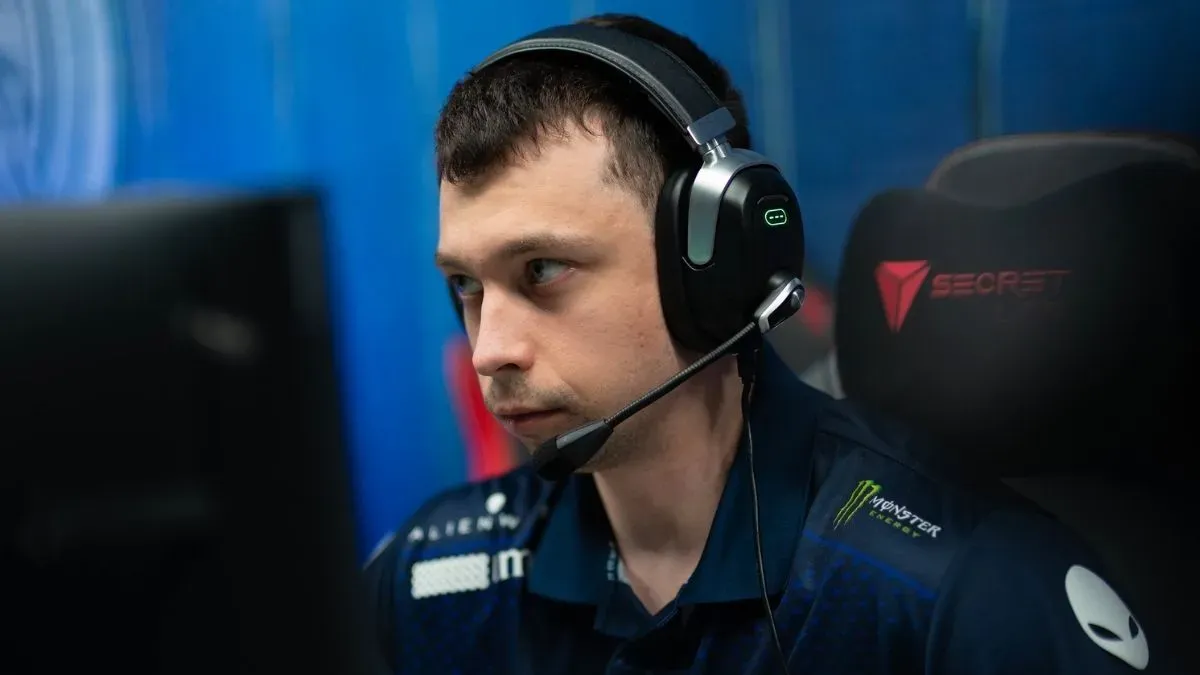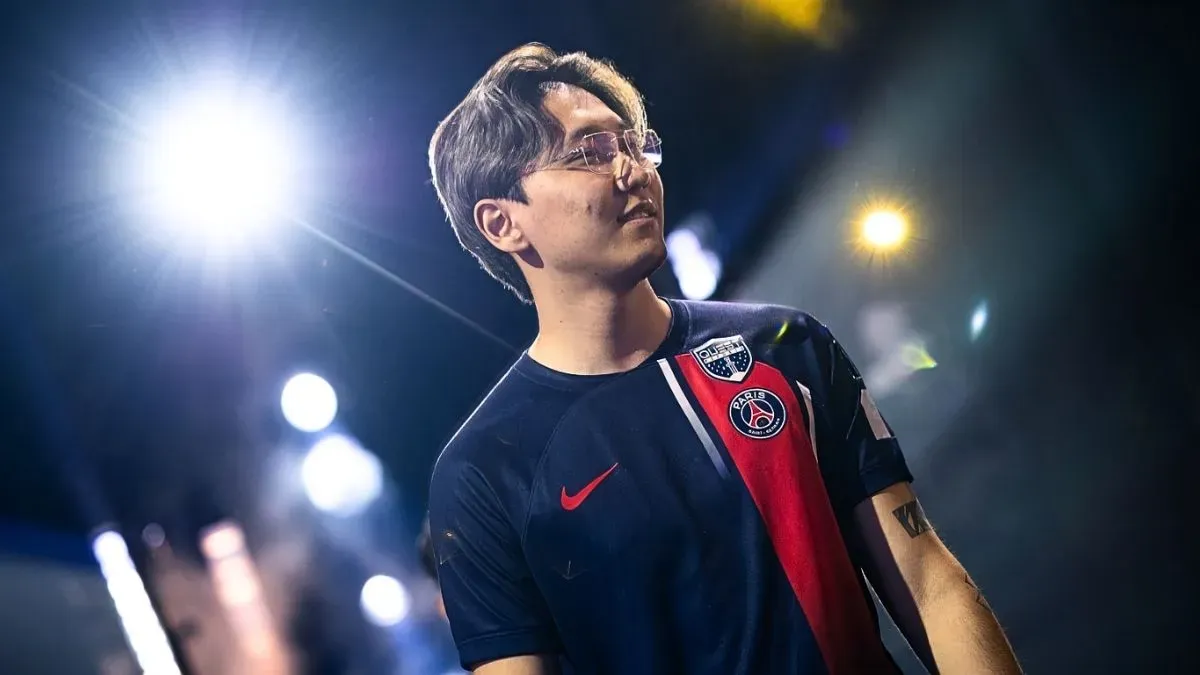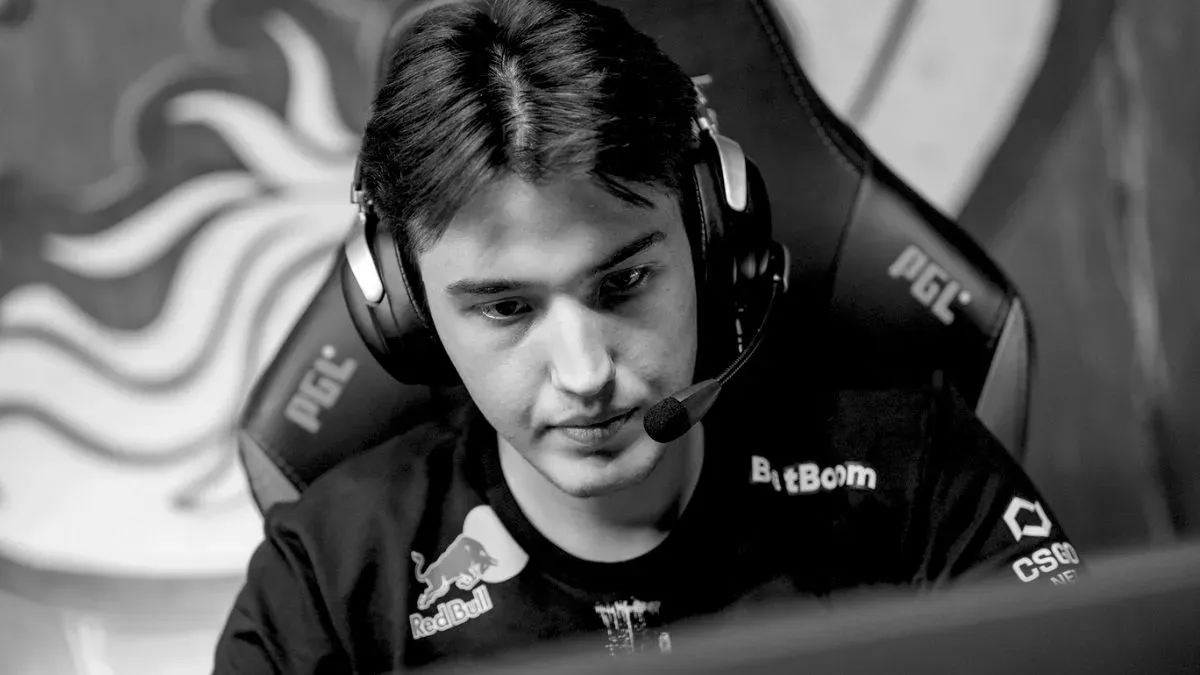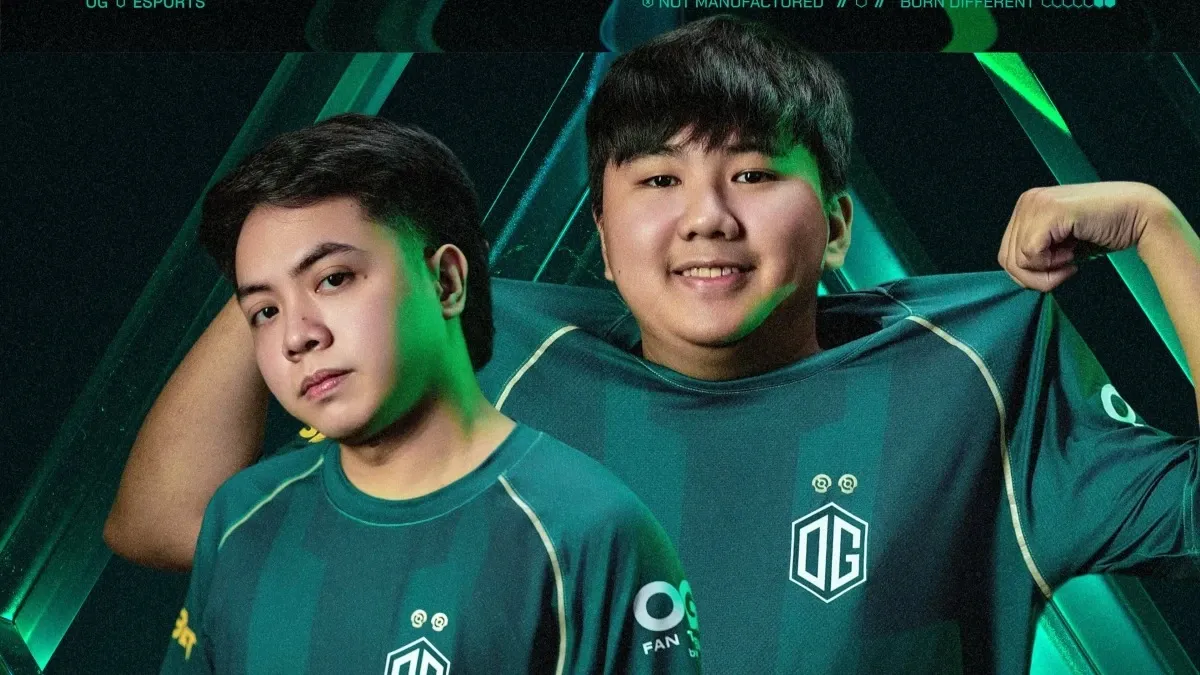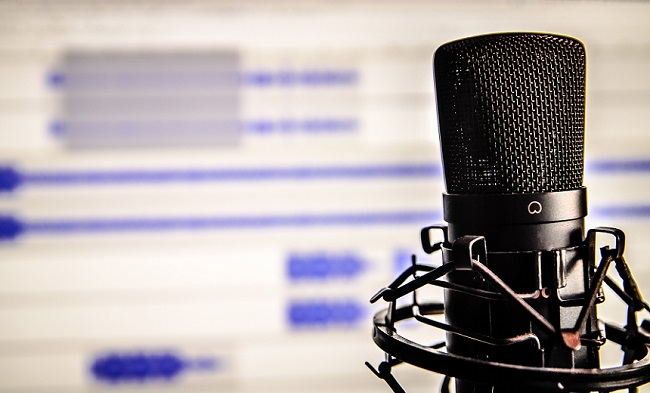
Podcasts are essentially an audio recording. They can be of any length, from a few minutes to a few hours. They tend to be talk shows of some kind or another, but they're really only limited by the audio requirement and the podcaster's whims. Some podcasts are solo affairs, while others have a much larger cast. Some feature a regular line-up each session, while others rotate in guests, whether to be interviewed or to offer their own insights into the topic at hand.
Dota 2 podcasts run the gamut from podcasts you can tune into regularly to ones that pop up when big tournaments are happening to others that release whenever its convenient for the creator’s schedule. There’s a large number of abandoned podcasts and a surprising number going strong with dozens of episodes available now. Plenty of these podcasts benefit from having familiar voice involved, such as MoonduckTV’s What the DUCK? or Kyle Freedman and Jorien “Sheever” van der Heijden’s new, AnecDotes.
But what, other than involving players and popular talent, can a podcast do to stand out in the crowd? I’m here to help you out!
My Podcasting Essentials:
- Regular release schedule, but not necessarily every week. Knowing when to return for new content means I’m much more likely to actually follow-up for the next episode. This is important for new shows that don’t have a backlog of episodes for me to binge on, which is one way I can get hooked on a good podcast. Make it easy for me to listen to your show. If I have to remember to check back sporadically, the odds are good that I'll forget.
- Unique identity. Shows like Alan “Nahaz” Bester’s “Stats Don’t Lie*” (though this is technically a video series, I usually listen to it rather than watch) and Fourth Spirit’s “Teach Me Tuesday” have very specific focuses. Nahaz tends to preview or recap events or analyze patches with a statistical focus, while Fourth Spirit’s show emphasizes learning how to play the game. A unique identity can make your podcast stand out among the rest, and it also sets some expectations.
- Clarity. The podcast needs to reach a basic level of audio quality so that all participants are audible. I don’t have high standards here, I just need to be able to hear what's being said.
- Purpose. Give me a sense, either at the beginning of the episode or in the written description, of what the episode contains. If it’s an interview, tell me who it is with and a general idea of what the focus is/was. If it’s an episode with different parts, give me a rundown of the topics to be covered so I know what to expect. It also shows that you’ve put thought into what you’ll discuss, which gives me hope that I’m not about to listen to a meandering stream-of-consciousness.
Of course, charismatic individuals involved and topics that I’m interested in and can engage with are also helpful! But those two items are far more subjective. I think regular content with a unique identity, a purpose, and basic clarity are the essentials for getting me on board.
Now, I want to give full credit to podcasters here. Creating regular content is challenging and there are plenty of moving parts involved in podcasting, which makes it even more difficult. Scheduling in guests, finding new topics during a long patch, and even something as basic as finding and maintaining a tone that resonates with your listeners and feels comfortable for you can all be obstacles. Persistence, then, is also important for a podcaster! I have a lot of respect for everyone who gives it a shot, and especially for those who stick with it.
Position Six
I recently had the pleasure of chatting with Dan Offen, creator of Position Six, a Dota 2 podcast that focuses on interviewing people involved in Dota 2 professionally. Position Six is a relatively new venture, with six episodes available at the time of publication. Dan’s already spoken with a variety of interesting personalities, from Peter “PPD” Dager to Jack “KBBQ” Chen. The podcast already hits all of my essentials with a weekly release schedule, easy-to-listen-to episodes, a strong identity as an interview podcast, and some excellent sign-posting for each episode both in the written description and in the introduction of each installment.
I appreciated the opportunity to speak with Dan and learn more about his experiences as a podcaster. His thoughtfulness regarding the production and direction of his podcast impressed me a lot. I hope you’ll also enjoy the insights Dan has to offer.
Gosugamers: Tell me about your podcast. Can you give me a sense of the content you're aiming for?
Dan:
I also wanted to make a platform that allows players to introduce themselves properly to the community, because from watching streams or tournaments you don't always get a sense of people's personalities. As an interviewer, I wanted to make it easy for people to come across naturally and be seen how they want to be. I really loved the Kaci interviews at TI8, with teams, and wanted to do something a little like that - but longer form and more in-depth - getting to know a single person.
What motivated you to start your own Dota 2 podcast?
I've always loved DOTA, so after some soul searching, I figured that I'd put everything I'd learned in comedy to use and try to build something good in the DOTA scene. So maybe it's just a vanity project, but producing something that people are enjoying is I really wanted to do, so it's going well so far!
How do you think your podcast stands out from others in the scene?
So I think what really stands out about what I do is that I edit it properly, and I make sure there's nothing in the podcast that doesn't absolutely need to be in there.
The other thing, I suppose, is that at the moment I'm a bit of an outsider from the scene. Because I used to spend all my time gigging, and could only really watch tournaments on and off - I don't really have the same sense of humour as a lot of the content producers who grew up on twitch memes. I think the humour and jokes in Position Six are just slightly different to what's already out there (not that there's anything wrong with twitch humour!) and might be a little bit more accessible to somebody who doesn't know much about all of that stuff.
Which has been your favorite episode to record and why?
I think the one with Charlie Yang is probably my favorite so far aside from that - he's a really fascinating guest and he doesn't appear publicly that much any more, so being able to bring out, and broadcast, all of that wisdom and insight he's got was really amazing for me. I think also as somebody trying to work in the scene, a lot of what he had to say was pretty thought provoking. Also, I laughed a lot during it - which is always really nice.
What's been the biggest challenge you've had so far?
I've also had to stay up pretty late sometimes to record a few episodes, so I've been a sleepy boy for the past few weeks.
Is there anything else you'd like to share about the podcasting process, for anyone who's not familiar with it?
Thank you so much for your time, Dan. Would you like to add any shoutouts or final thoughts?
You can check out Position Six on Soundcloud and follow Dan on Twitter. Please add your own links to your favorite podcasts in the comments below!

